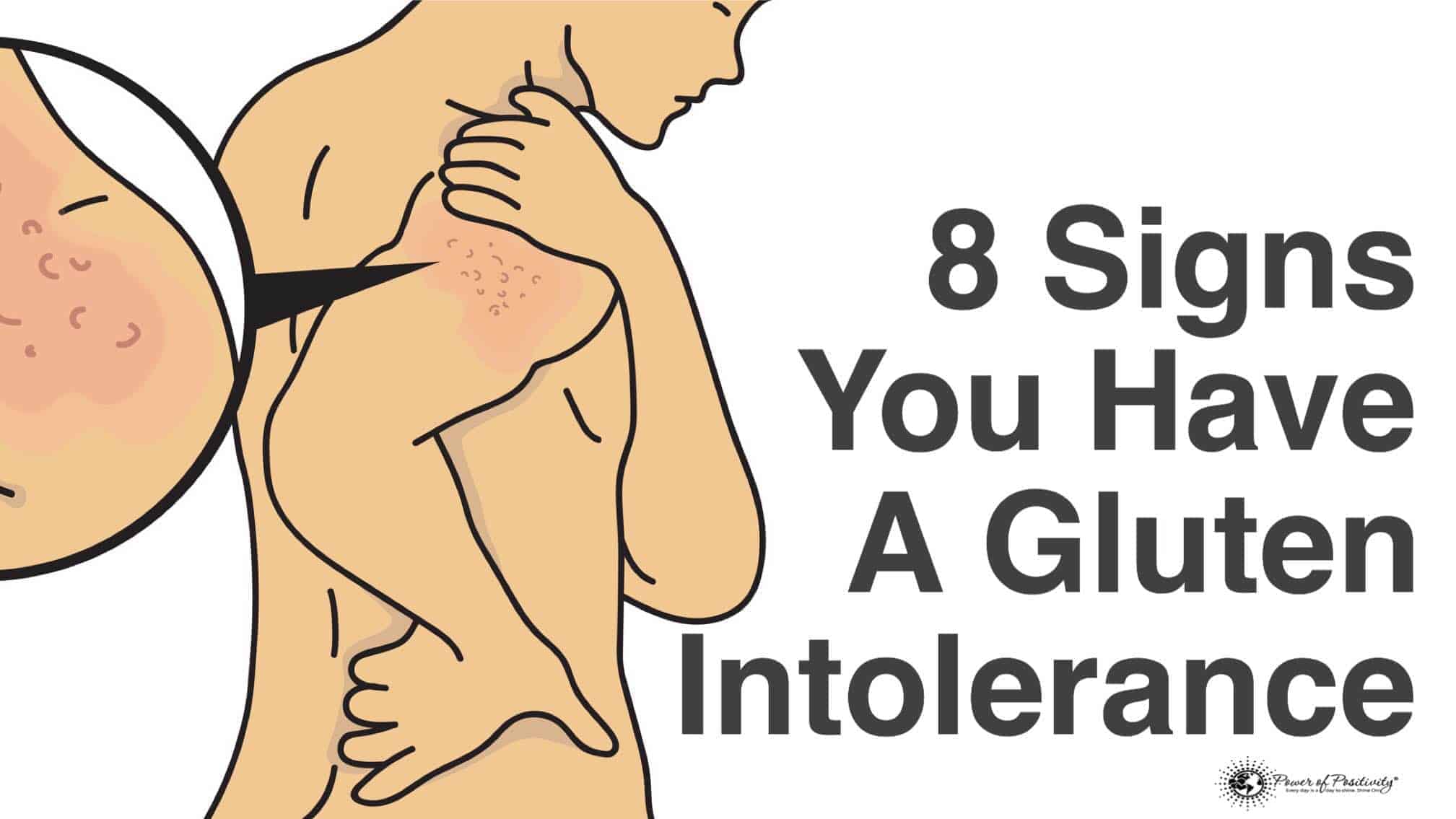A bloated stomach can be one of the worst feelings in the world. That stuffed feeling around your stomach can make you feel so uncomfortable and unattractive. Bloating, which is common to everyone, happens for a number of reasons. But we have good news! It’s easy to flush the belly boat by eating the right foods, avoiding certain ingredients, and making a few lifestyle changes. Here are some ways to follow to achieve a positive result against bloating:
Here Are 50 Easy Ways to Flush A Bloated Stomach
“It feels like your belly is a glass constantly full of water, and if you try to put anything else in the glass, it will overflow.” – Grace Shockey
1. Almonds
Snack on unsalted almonds in the afternoons to aid digestion, as well as give you an energy boost.
2. Asparagus
Eating asparagus, which is rich in fiber, helps regulate your gut bacteria.
3. Avocado
This fruit contains monounsaturated fats that make you feel full without the stomach bulge.
4. Bananas
These fruits are rich in fiber and potassium. Munch on bananas after meals, or add to your cereals and pancakes, or make a smoothie.
5. Broccoli
Eating half a cup of broccoli can reduce the bloat. Make sure to steam or cook it first as some people can develop gas from eating this veggie raw.
6. Brown rice
Compared to white rice, brown rice is easier to digest.
7. Caffeine
Drinking coffee stimulates the muscles in your colon. If you have constipation, a cup of Joe after a big breakfast can help relieve this stomach problem.
8. Cucumbers
This crunchy vegetable flushes down excess water in the body.
9. Fruits with high water content
Watermelon, honeydew, and cantaloupe can flush out the sodium that causes belly bloat. It also improves blood flow and brings your body energy.
10. Fruits with skin
Apples, pears, or any fruit with skin are fibrous and thus beneficial to the digestive system.
11. Ginger
Ginger is popularly used in Eastern medicine for many purposes, including relief for digestive issues. Add fresh ginger to your salads, smoothies, juices, and stir-fry meals.
12. Lemon water
Lemon works as a diuretic and reduces water retention.
13. Lettuce
This green, leafy vegetable has many nutrients. It’s also full of fiber that fills up your stomach without the bloat.
14. Oatmeal
Have a healthy breakfast full of fibrous oatmeal, but make sure that your bowl isn’t filled with sugar.
15. Papaya
This exotic fruit has enzymes that help the digestive tract and relieves the feeling of heaviness around the belly.
16. Peppermint tea
Drinking peppermint tea helps relax the muscles in the stomach, thus you get instant relief from bloating, gas, and cramps.
17. Potassium-rich foods
Spinach, mangoes, and tomatoes are loaded with potassium that can banish a bloated stomach and offset your sodium intake.
18. Probiotics
Yogurt, kimchi, miso, kefir, sauerkraut, and pickles are loaded with good bacteria called probiotics that regulates the gut and helps with digestion, so you avoid a belly bloat, as per the Cleveland Clinic.
19. Quinoa
This food relieves menstrual cramps and reduces bloating because it contains potassium and magnesium.
20. Salmon
Rich in omega-3 fatty acids, salmon reduces stomach inflammation.
21. Water
Constipation causes a bloated stomach but if you keep yourself properly hydrated with water, you can avoid this problem. Drinking a glass of water 30 minutes before a meal also helps with weight loss, as per a study in the research journal Obesity.
22. Avoid alcohol
One glass of wine is fine but too much alcohol can dehydrate your body so you feel puffier and bloated.
23. Avoid gum
Chewing gum leads to more air in your gastrointestinal tract that can cause your stomach to expand.
24. Avoid processed meat
These foods are packed with salt that makes digestion difficult.
25. Avoid protein bars
This food contains soy protein by-products that cause belly bloat.
26. Avoid Seltzers
Though not as bad as sodas, the bubbles in seltzers make your belly expand.
27. Avoid starchy food
Eating baked potatoes, pasta, and other starchy foods during dinner can lead to water retention that will make you feel bloated in the morning.
28. Avoid sugar-free treats
Anything “sugar-free” might sound healthier – but these foods have maltitol, sorbitol, and xylitol that can cause digestive problems.
29. Ditch straws
Ditch the straws in your drink to prevent excess air from getting trapped in your digestive tract.
30. Less salt
Sodium is one of the most common causes of stomach bloating. Eating salty foods brings excess fluids in your body that leads to the swelling of your ankles, feet, and stomach, according to Heart Failure Matters Org.
31. Fewer sweeteners
Artificial sweeteners make digestion harder and lead to diarrhea or excess gas.
32. Limit bread
This food has high sodium content but many people don’t know it.
33. Limit dairy
Milk and cheese can lead to major bloating issues, especially if your body has a harder time breaking down lactose. Experts say that 75 percent of the world’s population is lactose intolerant.
34. Limit frozen meals
While convenient, frozen meals are preserved with too much sodium, which is bad for digestion, among other issues.
35. Limit gassy veggies and beans
Cabbage, Brussels spout, and beans are known to cause constipation. Limit your intake of these foods when you’re feeling bloated.
36. Limit heavy sauces
Sauces might add flavor to your food but they’re often high in salt. Use spices instead to lend flavor to your dishes.
37. Skip fried foods
Anything fried makes digestion harder, so you end up feeling bloated.
38. Skip gluten-free products
Gluten-free foods are still processed and have low fiber content, so these can be harder to break down in the stomach.
39. Belly stretches
Before getting up in the morning, do belly stretches by lying on your back and pulling your knees toward your tummy. This soothes your stomach and prevents bloating.
40. Control antibiotic intake
Antibiotics can change the patterns in your gut, so you feel uncomfortable. Ask your doctor for an alternative if gas and bloating due to antibiotics make you uncomfortable.
41. Eat an early dinner
Enjoy your dinners earlier to give your stomach more time to digest your food before you go to sleep. That way, you shouldn’t feel bloated in the morning.
42. Increase calcium
Take more calcium and calcium supplements during the peak of your menstrual cycle to prevent stomach bloating.
43. Low-sodium recipes
Switch to low-sodium recipes when you’re preparing dishes, especially ones that call for canned soups.
44. Meditation
This mindful exercise can calm the nerves and muscles, as well as alleviate stomach issues, according to a study in the JAMA Internal Medicine journal.
45. Morning exercises
A 20-minute physical routine in the morning can facilitate the movement in your digestive system.
46. Practice yoga
Yoga alleviates bloating and facilitates fat-burning faster.
47. Eat smaller portions
Eat your food in smaller portions and chew slowly to give your brain plenty of time to process that you’re satiated. This also prevents your body from needing to digest too much food.
48. Snack smart
A cup of yogurt with fruits between breakfast and lunch will curb binge eating, keep your weight ideal, and reduce the bloating.
49. Transfer canned foods
If you love snacking on canned fruits and veggies, transfer these into a different container and run under cold water for a few minutes before eating to remove the extra sodium content.
50. Tummy massages
Giving your abdomen a good massage can stimulate movement in your digestive tract and get rid of stomach gas.
Final thoughts

While a belly bloat isn’t something to be ashamed of because it is pretty common, experts suggest losing some weight to flatten the belly and rid yourself of the discomfort of a bulging stomach. Apart from positive thinking, doing regular exercises for the abs can also make your stomach muscles firmer and stronger.


















